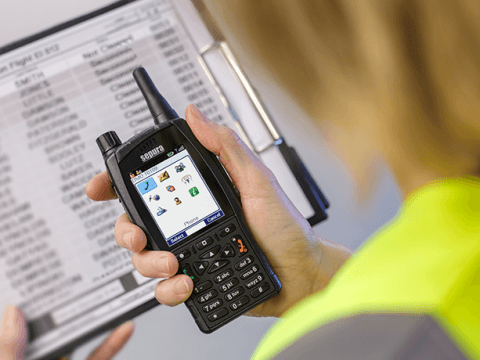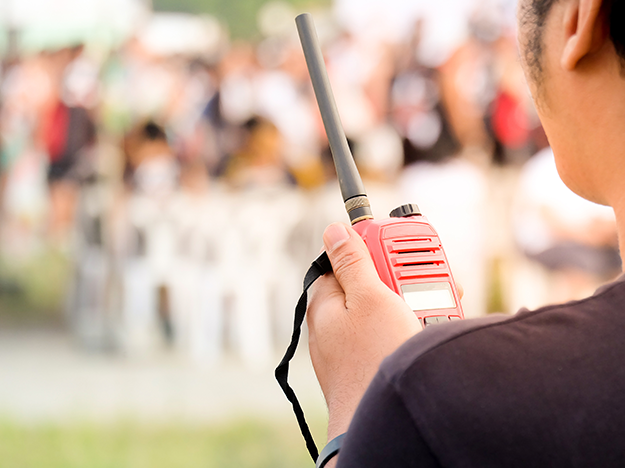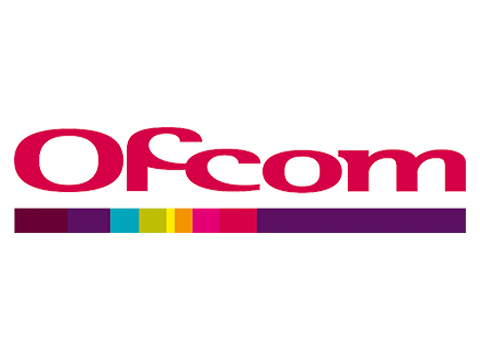What Radios Require a Licence?
If you use a business radio communications system, it is likely that it will need a licence. While there are a number of ‘licence free’ radios (or walkie-talkies) available for modern uses, most businesses who use a two way radio system will be using a product that needs licensing. Licensing in the UK is provided through Ofcom.
What radios don’t need a licence?
If your business only needs a very small number of radios, and you only use these in a very small area, there are options to use unlicensed radios. An example of this is the PMR446. Walkie talkies can be a good option, but for most businesses who need a radio communication solution, a business radio solution will be reliable, robust, and ensure the users can communicate properly with each other, reliably, legally and safely.
What radios need a licence?
Most radios used in a business setting will require a licence. An Ofcom two way radio licence will be needed for those who operate over large coverage areas, require secure networks, and have multiple teams or multiple locations, as well as those needing to use these radios in public areas.
“Business radio users range from taxi companies and factories, to hospitals, care homes, industrial sites and transport operators.”
Ofcom radio licensing can be a complicated matter but working with a trusted radio communications supplier or partner is all that’s needed in most cases, and they will guide you through the process. Most reputable radio communications suppliers and consultants will have the capability to manage this whole process for you, seamlessly, ensuring your system is appropriately licensed for your region.
What types of business radio licence are there?
There are a range of radio licence types for businesses, but the key business radio licences are as follows…
-
Simple UK Light:
Authorising the use of hand-portable or mobile radio equipment anywhere within the UK. Permits access to nineteen frequencies across four Business Radio frequency bands but base station use isn’t permitted. -
Simple Site Light:
Authorising the use of a radio system operating a base station and mobile stations within a small area (often less than or near to one kilometre). Typically used for radio paging systems. -
Suppliers Light:
A specialist licence permitting radio suppliers to:- Service and repair business radio and marine equipment
- Hire out business radio and/or radio paging equipment to customers (for one year)
- Allocate business radio (including trunked business radio) equipment to customers awaiting Business Radio licences (for three months)
- Demonstrate business radio (including trunked business radio) equipment to customers (up to eight days)
- Access a wide range of frequencies
-
Technically Assigned:
A flexible licence authorising the use of a wide variety of business radio equipment. Permits choice from a wide range of frequencies across all Business Radio bands and a wide range of coverage areas, from in-building coverage to county wide.
-
Area Defined:
Permits exclusive use of a frequency across either a 50km2 grid square, a county, or the whole of the UK.
How do I apply for a business radio licence?
Radio licences in the UK are provided via Ofcom and simple applications can be made online. More complex licences must be applied for by downloading the relevant paperwork from Ofcom’s website and submitting the application to the Ofcom licence department.
2826 have been working with a range of clients over the years to provide bespoke, tailored radio communications solutions and systems that suit the business need, and that can scale and adapt over time as the business changes, including licensing. For more information on licensing, read about Ofcom licence management here or contact 2826 Ltd today for an informal chat.



